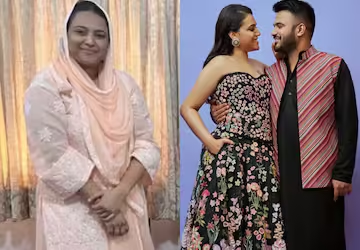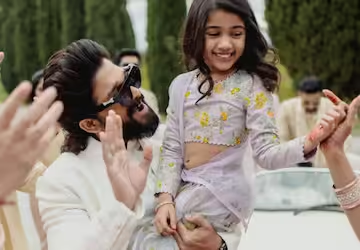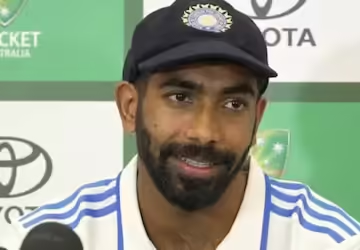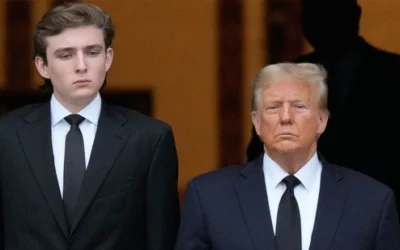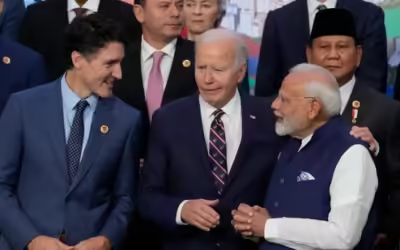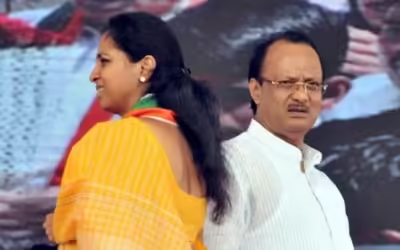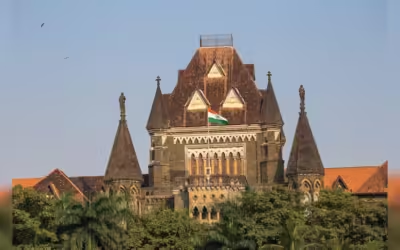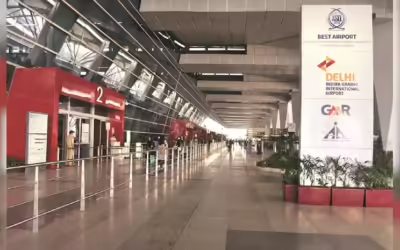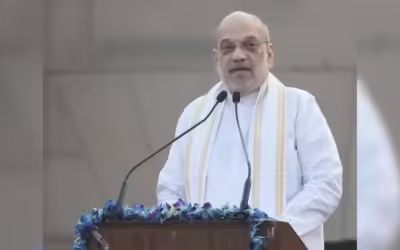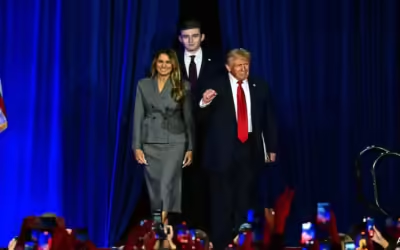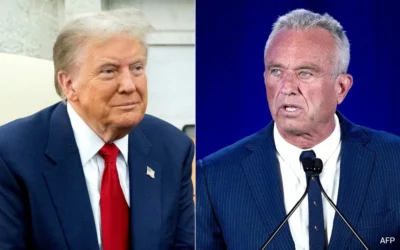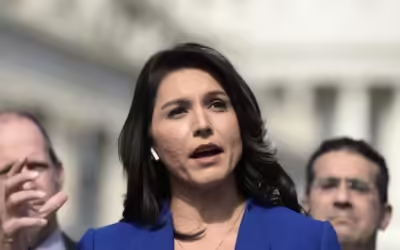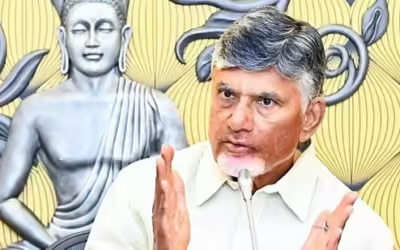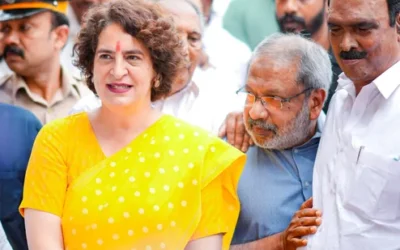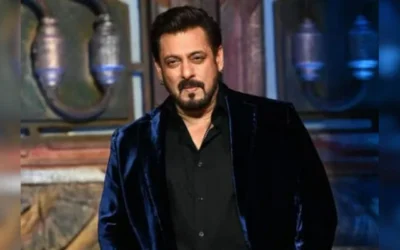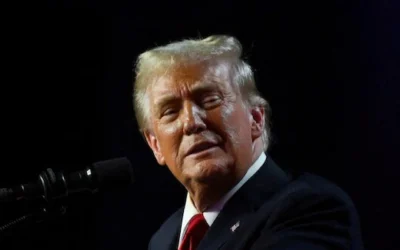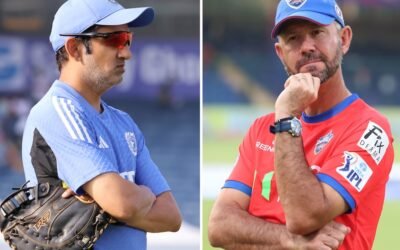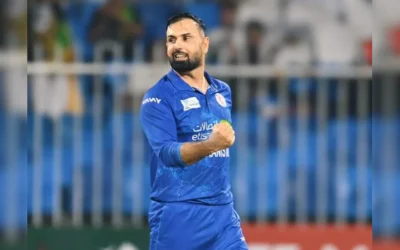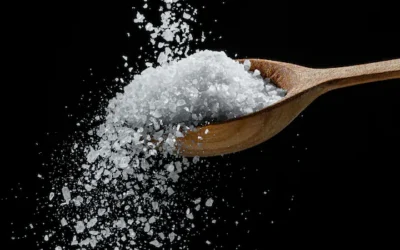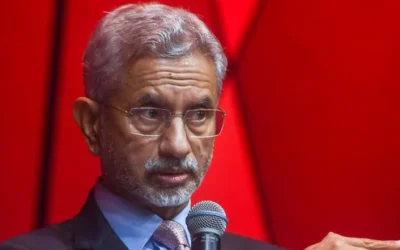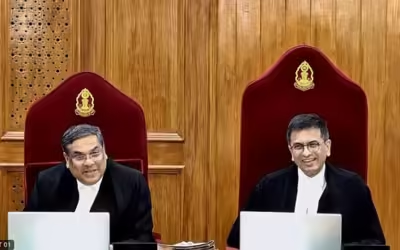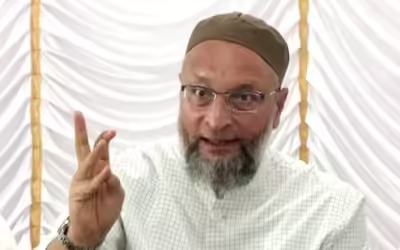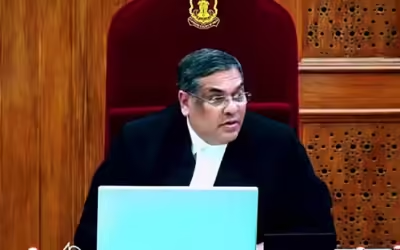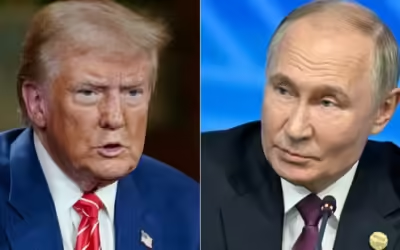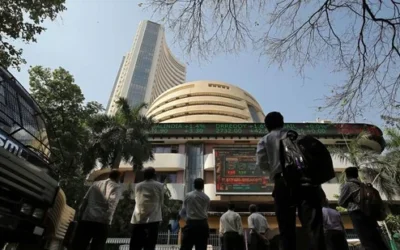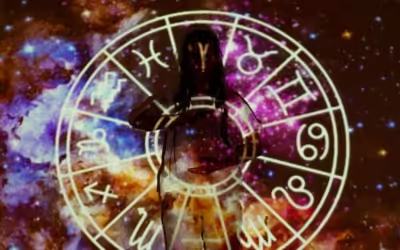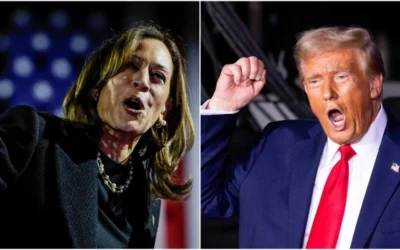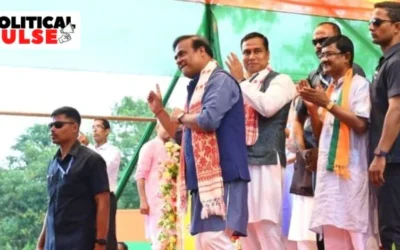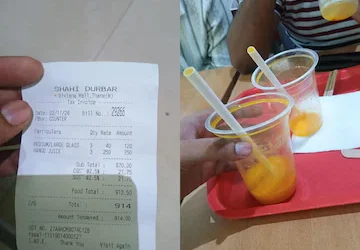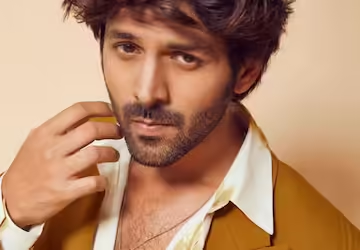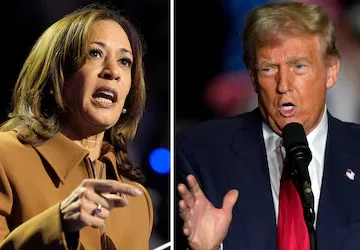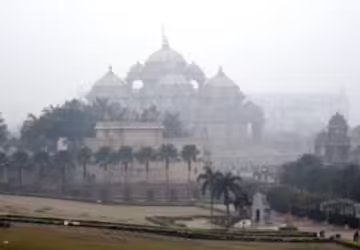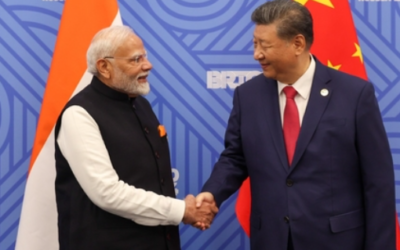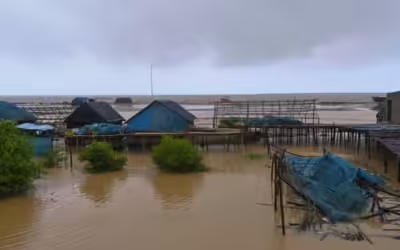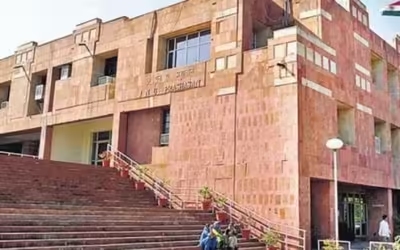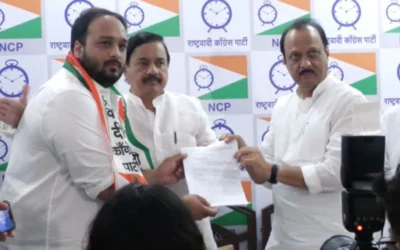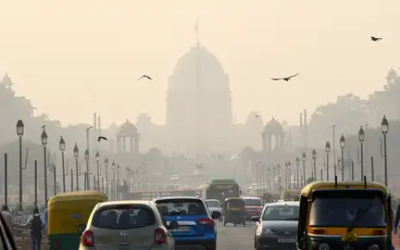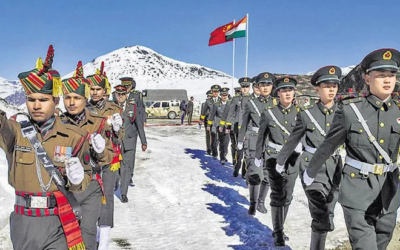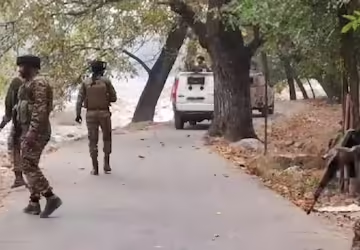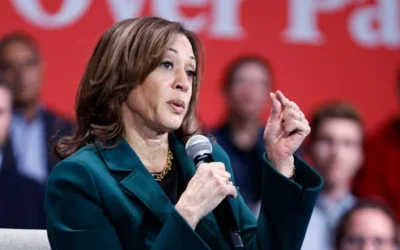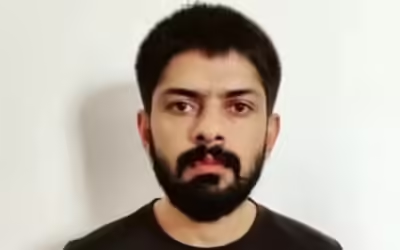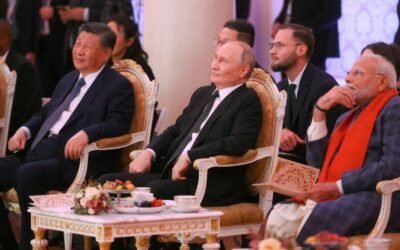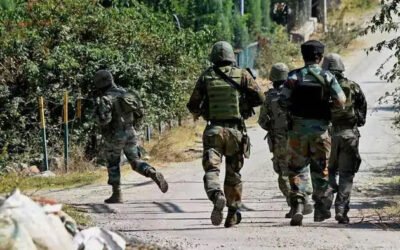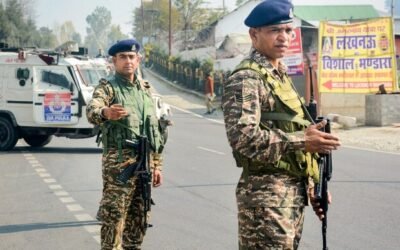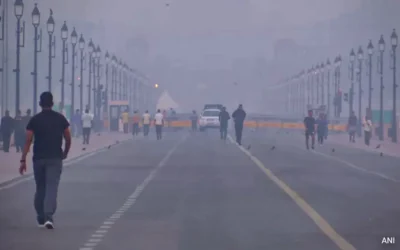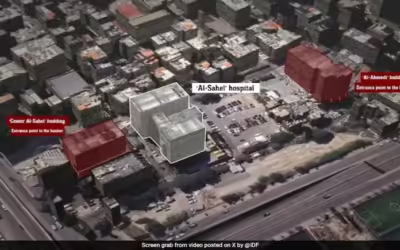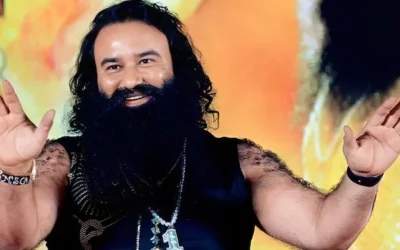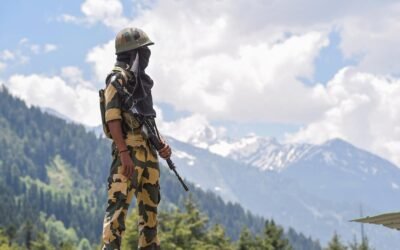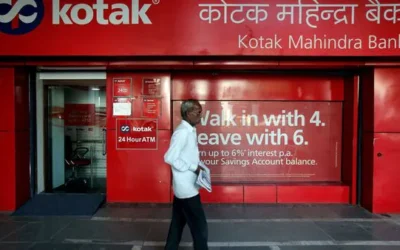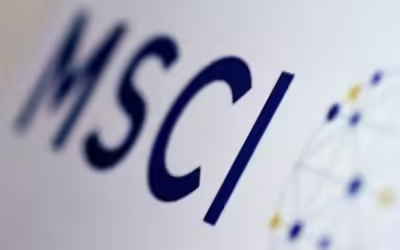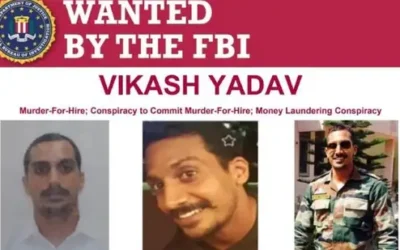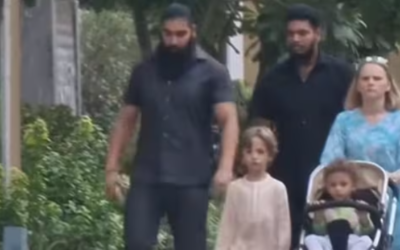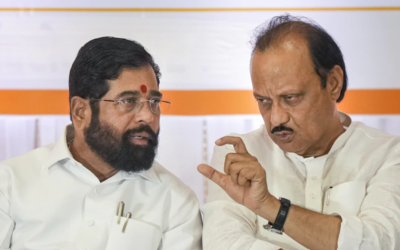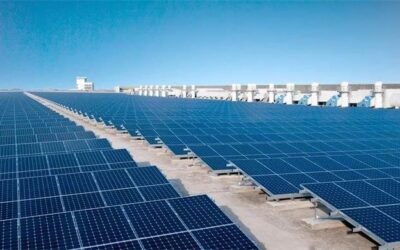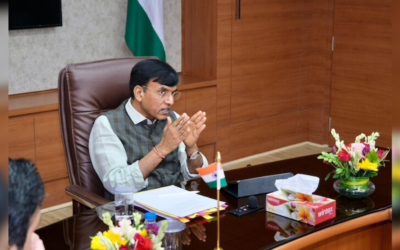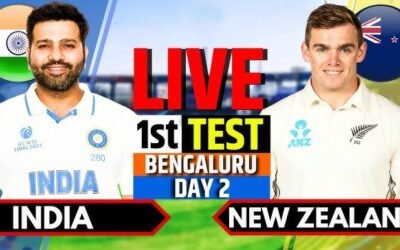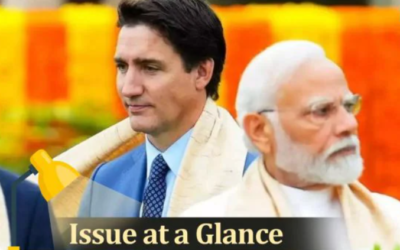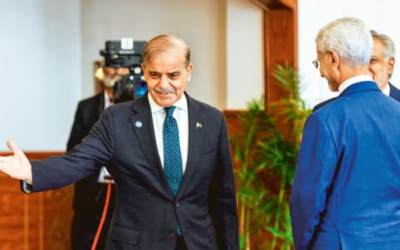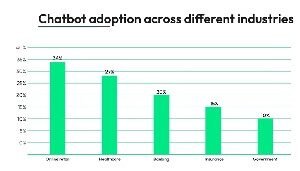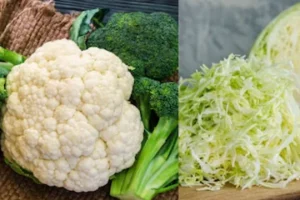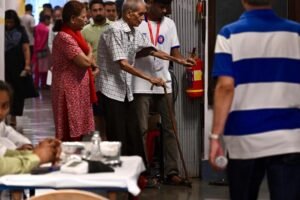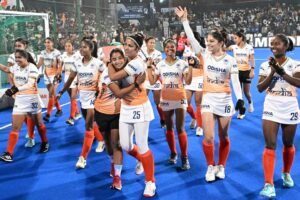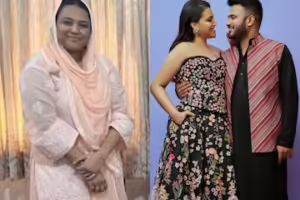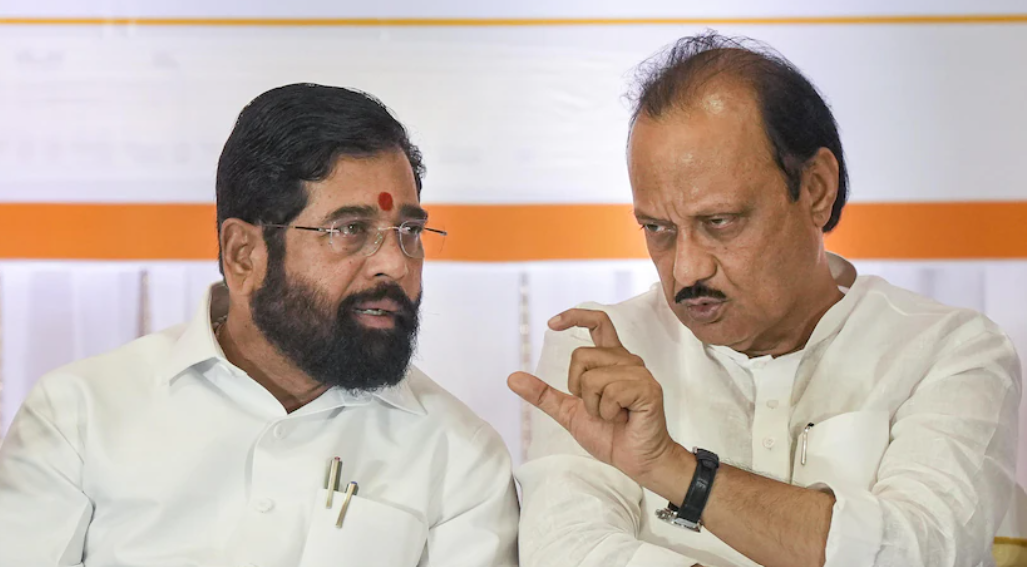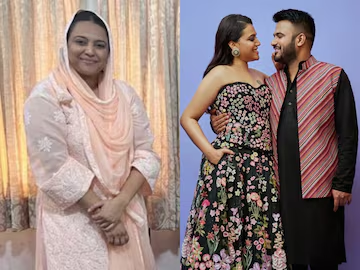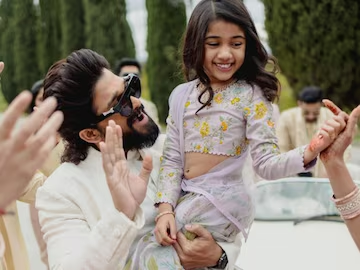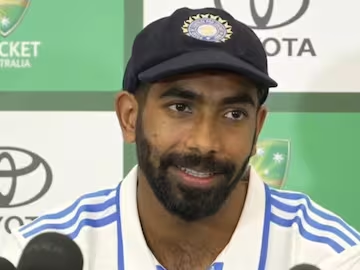Maharashtra Assembly elections: Maharashtra is set to vote in a single phase on November 20, with the counting of votes set for November 23
The upcoming Maharashtra Assembly elections, scheduled for November 20, are set to be a significant political battleground, featuring key candidates from two major alliances: The ruling Mahayuti alliance and the opposition Maha Vikas Aghadi (MVA). With the results set to be announced on November 23, the stakes are high for all involved.
Maharashtra Assembly polls: Key candidates
Eknath Shinde
Currently serving as the Chief Minister, Eknath Shinde leads the Shiv Sena faction aligned with the Bharatiya Janata Party (BJP). His leadership has been marked by a focus on development and governance. Recently, Deputy Chief Minister Devendra Fadnavis publicly affirmed Shinde’s position as the chief ministerial face of the Mahayuti alliance, stating, “Our Chief Minister is sitting here” during a press conference. Shinde has emphasised that the achievements of his government over the past two years will serve as his campaign’s foundation.
Devendra Fadnavis
Devendra Fadnavis, a former Chief Minister and now Deputy Chief Minister, is a prominent figure in Maharashtra politics. He has been instrumental in solidifying the BJP’s position within the Mahayuti alliance. Fadnavis has challenged the MVA to announce its own chief ministerial candidate, highlighting a perceived lack of confidence among opposition leaders. His strategic positioning suggests he remains a strong contender for leadership should the BJP seek to reclaim full control post-elections.
Ajit Pawar
Ajit Pawar, representing a faction of the Nationalist Congress Party (NCP), serves as Deputy Chief Minister alongside Shinde and Fadnavis. His role has been pivotal in maintaining a coalition that includes both BJP and Shiv Sena factions. While he has not explicitly declared his aspirations for the chief ministership, his influence within the NCP and alliance dynamics positions him as a potential candidate depending on election outcomes.
Uddhav Thackeray
The leader of the Shiv Sena (Uddhav Balasaheb Thackeray), Uddhav Thackeray remains a key figure in the MVA. Thackeray, who served as the chief minister of Maharashtra from 2019 to 2022, has refrained from naming a chief ministerial candidate for his coalition until the Mahayuti announces theirs. This tactic aims to maintain strategic flexibility while countering Shinde’s claims of leadership within Maharashtra. Thackeray’s past governance experience and party loyalty could rally support among traditional Shiv Sena voters.
Sharad Pawar
As a veteran politician and leader of the NCP, Sharad Pawar’s influence is significant within the MVA. Pawar, who has served as the Chief Minister of Maharashtra for four terms, has indicated that any decision regarding a chief ministerial candidate will depend on election results and party performance. Pawar’s legacy and political acumen make him a formidable presence in Maharashtra politics, though his age may lead some to speculate about succession plans within his party.
Nana Patole
Nana Patole serves as the president of the Maharashtra Pradesh Congress Committee and is expected to play an essential role in mobilising support for the Congress party within the MVA. His leadership will be crucial as Congress seeks to regain lost ground after previous electoral setbacks.
Anil Deshmukh and Nawab Malik
Both Anil Deshmukh and Nawab Malik are significant figures within their respective parties but have faced legal challenges that may impact their candidacies. Deshmukh has been embroiled in corruption allegations, while Malik has also faced legal scrutiny. Their roles in campaigning will depend heavily on their legal standings leading up to elections.
Maharashtra’s Assembly elections will feature prominent candidates from the two major alliances in the state, each vying for voter support amid a rapidly changing political landscape. The stakes are high as both coalitions prepare for what promises to be a competitive electoral battle.
Maharashtra Assembly elections: Full schedule
>Date of issue of gazette notification: October 22
>Last date of making nominations: October 29
>Date for scrutiny of nominations: October 30
>Last date for the withdrawal of candidatures: November 4
>Date of polling: November 20
>Date of counting of votes: November 23
>Date before which elections will be completed: November 25
